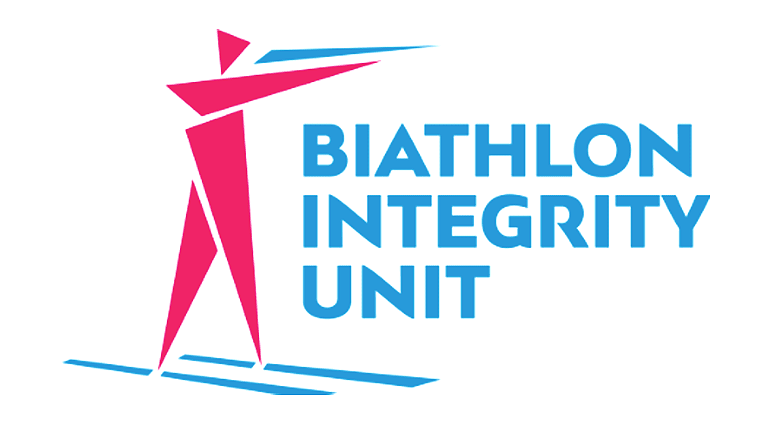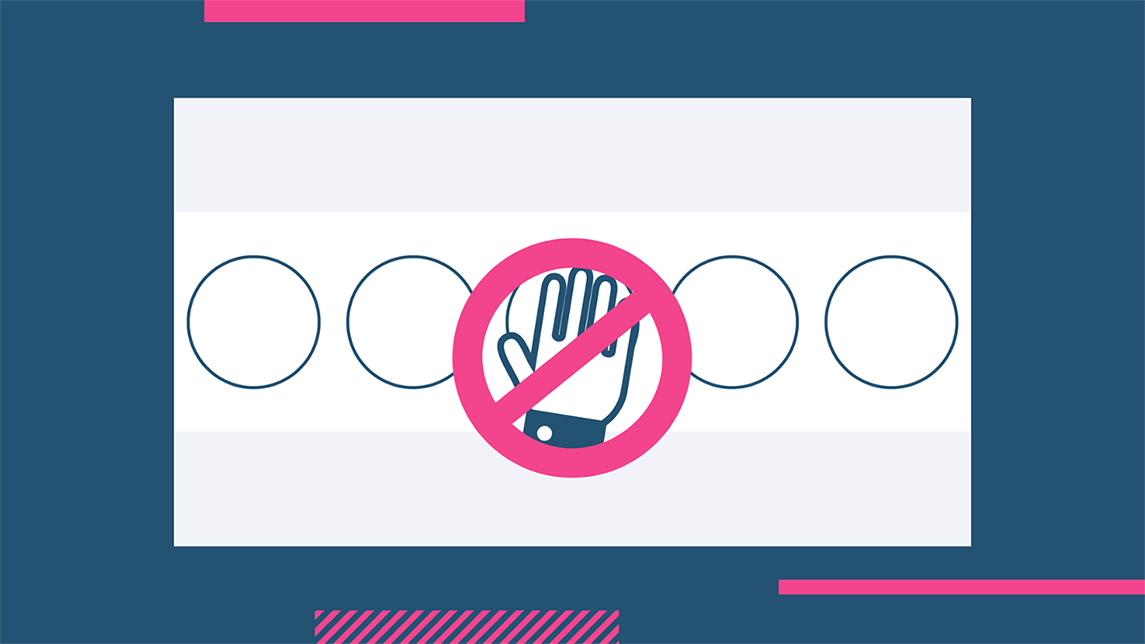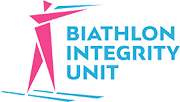Candidate vetting process
Candidates for election to the IBU’s Executive Board and Technical Committee will all be subject to a thorough vetting process.
The elections will be held at the IBU Congress in Salzburg on 16 to 18 September 2022.
This process involves careful screening of the past and present status of candidates, to ensure their character, personal and professional circumstances are in line with the IBU’s values.
The process is conducted by an independent body – the Vetting Panel – supported by the Biathlon Integrity Unit, the BIU.
This ensures that the outcomes of the process are impartial and fair.
The aim is to rule out any potential problems or conflicts of interest before a candidate is appointed.
The vetting process is described in the IBU’s Constitution and Vetting Rules, as follows:
· An application for a role within the IBU is received
· The applicant is asked to complete a vetting form including details on their persona and background
· A qualified researcher from the BIU conducts research on the suitability of the candidate for the position
· Depending on the position the candidate is applying for, a vetting interview could be held, conducted by the BIU
· The candidate is then assessed by an IBU vetting panel, based on the information gathered
· Finally, the IBU and the candidate are notified of the suitability of the candidate.
The vetting process aims to ensure the integrity of Biathlon is maintained.
This will be achieved by appointing only the best, most appropriate and qualified candidates to manage and administer the sport on behalf of us all.
A video explaining the vetting process can be found here.












